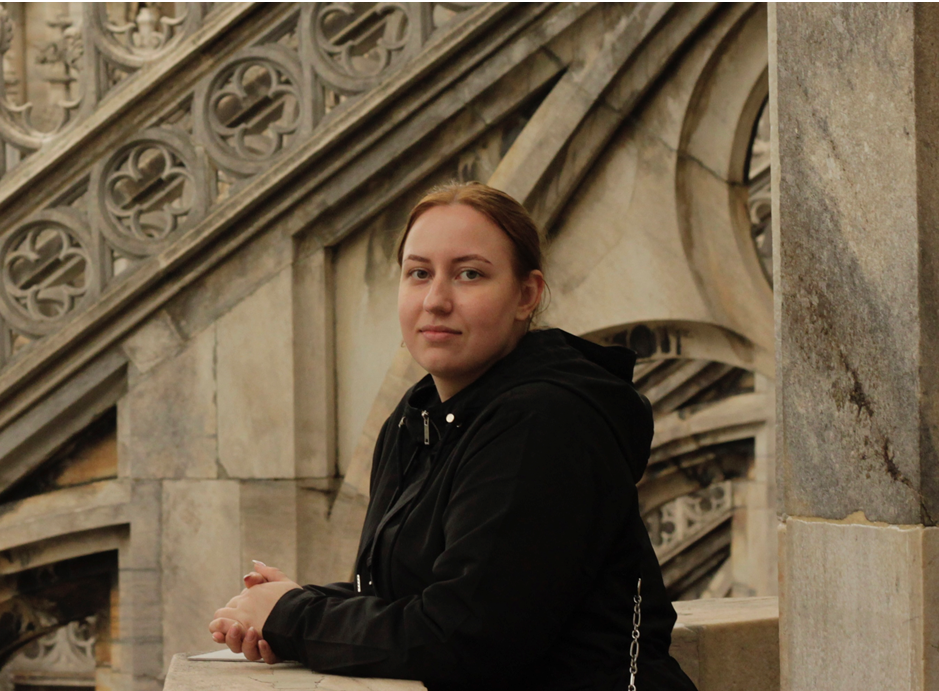Despite the amount of useful information that can be found in cyberspace, the dangers or potential threats that can be found there should not be overlooked. Even with very careful monitoring and filtering of online content, there is still a risk of being exposed to misinformation, which is not always easy to identify and protect against. Children who do not have well-developed critical thinking skills can easily fall for misinformation that can lead to false beliefs about a wide range of subjects, including politics, health, history, etc. Misinformation can also have a negative impact on children’s emotional well-being. They may feel anxious, afraid or even panicked by false information. For these reasons, it is important that children are properly educated about cyber safety rules and responsible use of the internet from an early age.
In the below interview, we talk to an expert about current cybersecurity challenges. We explore this topic further with Goda Bačianskaitė*, an IT software specialist and former IT tutor, who shares her insights into children’s education and the gaps in it.
Goda, can you name the biggest problems that children face in IT lessons?
There are various kinds of problems, and I would divide them into two types – educational gaps and logic problems. Educational gaps are more common among students and are easier to resolve by gathering more information and presenting it in a more accessible format. Gaps in education are often seen in the context of cyber safety – children simply do not know why it is important to create secure passwords, visit only trusted websites, etc. Logic problems are most often encountered when learning the basics of programming, because in programming, as in mathematics, logical reasoning is one of the most necessary skills. Logic problems take more time to solve because a simple explanation is often not enough – logical thinking needs to be continuously developed. Logical thinking also helps you to think critically, which allows you to protect yourself online.
Do you think children spend a lot of time in cyberspace?
Children nowadays spend a lot of time in cyberspace, whether it’s for socializing with friends, playing games or enjoying other forms of entertainment, or for learning and participating in the educational process.
Do you think children have the critical thinking and internet safety skills to help them avoid potential dangers online?
The extent to which children have the skills to use the internet safely depends largely on their age, with only a minority of young people in the upper grades having sufficiently good skills. Younger children unfortunately do not have the necessary skills and critical thinking to protect themselves online, even though they use it often. Children in general are a vulnerable and exposed population and their safety in cyberspace is particularly important.
Do you think cybersecurity training should be mandatory and why?
Yes, cybersecurity training should be mandatory. The internet is huge, and it is naive to think that it is free of dangers – they are on every corner. Failure to protect yourself in cyberspace creates a wide range of risks that can easily manifest themselves in the physical world.
What can you advice to children who want to avoid misinformation and critically evaluate the information they find online?
I recommend taking all the information you find on the internet with a pinch of salt – the information is often biased and subjective. Find reliable sources of information, educate yourself on topics such as confirmation bias, so that you know how to ask the right questions when searching for information on the internet, without relying on your preconceived subjective opinion. I would also recommend checking the information found in several sources to assess its impartiality.
Goda, thank you for sharing your insight with us.
Thank you for inviting me to this conversation.
 *Goda Bačianskaitė: Currently working as a Software Engineer, started my professional career by studying Software Engineering in Vilnius University. Started working with children's development while I was still in high school, then while studying in university I continued to work in education with more focus to IT side to help children develop necessary skills to be protected and successful in the digital age.
*Goda Bačianskaitė: Currently working as a Software Engineer, started my professional career by studying Software Engineering in Vilnius University. Started working with children's development while I was still in high school, then while studying in university I continued to work in education with more focus to IT side to help children develop necessary skills to be protected and successful in the digital age.
Background illustration by: Pichsakul
